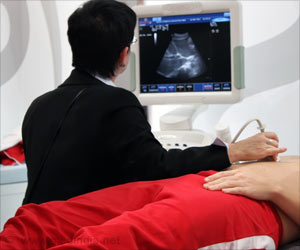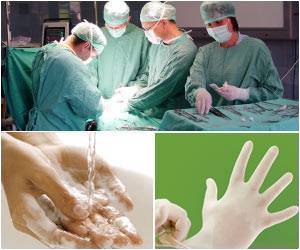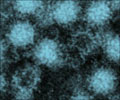
‘Campylobacter infection lead to hospitalization with high treatment costs in Switzerland. About 8,500 people are diagnosed with the infection each year.
’
Tweet it Now
"These cost estimates are very conservative. The economic costs, such as absences from work, as well as other indirect costs have not been taken into account yet," highlights Dr Daniel Mäusezahl, epidemiologist at the Swiss TPH. "The total cost of diarrhea as a common illness may be considerably higher. It is astonishing that so little is done in terms of prevention regarding this common disease. There are more consultations due to diarrhea than due to flu during the annual influenza season," adds Claudia Schmutz, PhD student and lead author of the paper.
Campylobacter Infections - with Serious Financial Implications
Infections with the pathogen Campylobacter generate costs of estimated EUR 8 million annually. This is the most commonly reported cause of food borne disease in Switzerland. Usually, Campylobacter infections are mild. However, in some cases, they can lead to hospitalization with high treatment costs. In Switzerland, up to 8,500 people are diagnosed with a Campylobacter infection each year.
The new study follows on an earlier Campylobacter outbreak investigation in Switzerland. The latter demonstrated an increased risk of Campylobacter infection following consumption of chicken in the form of meat fondue ("Fondue Chinoise"). An increased risk for infection is generally also seen during the barbecue season.
Advertisement
The authors of the study point out that the exceedingly high number of cases of campylobacteriosis could be reduced through the implementation of hygiene measures on the part of meat producers, but also on the part of consumers. The cause of most other gastrointestinal illnesses is unknown.
Advertisement
Source-Eurekalert















